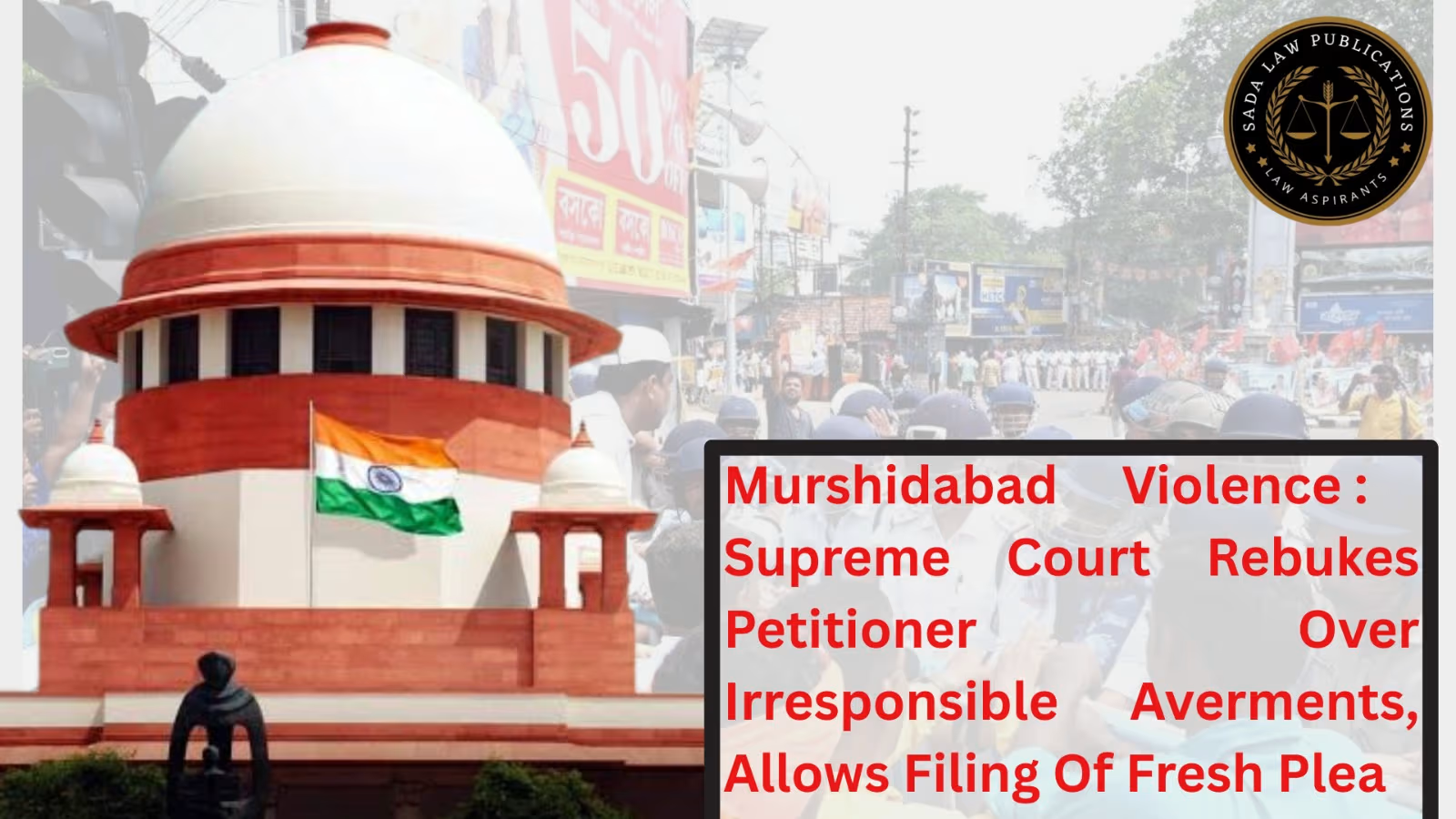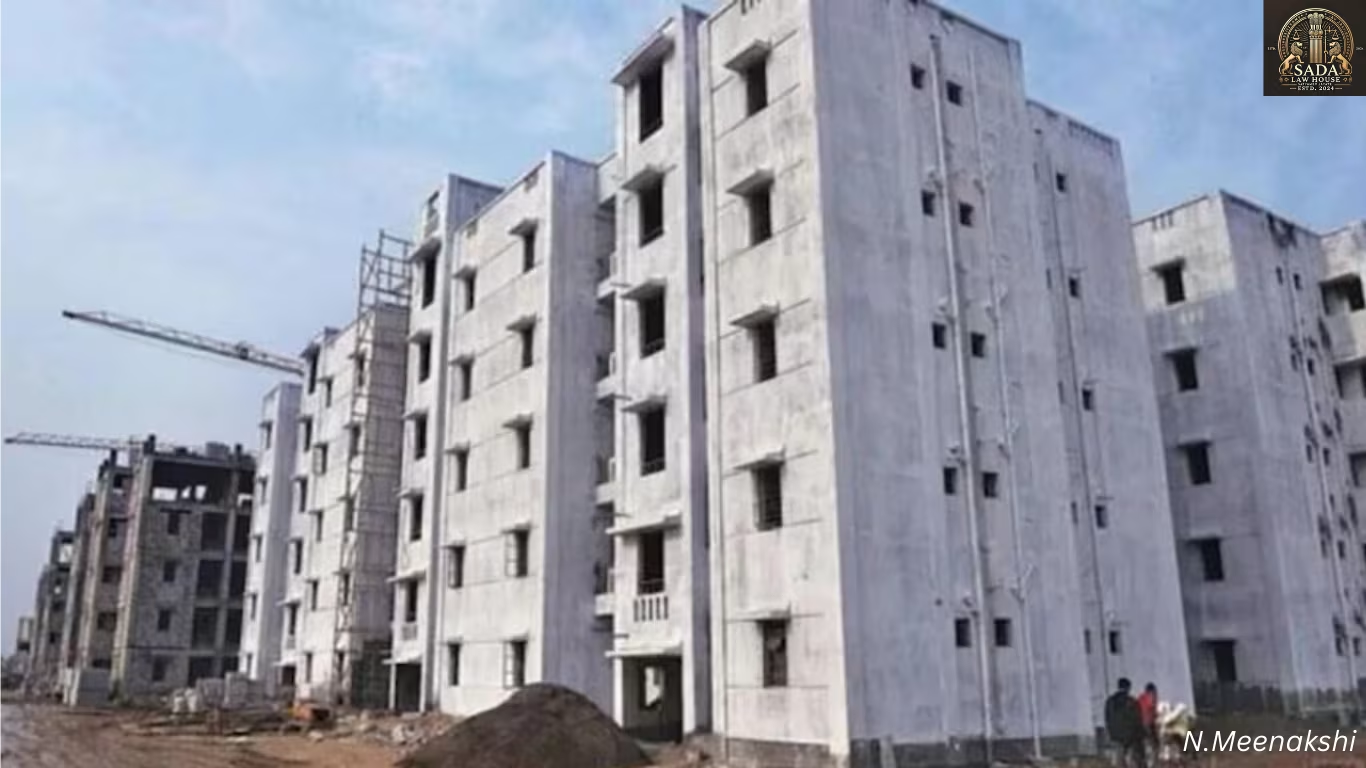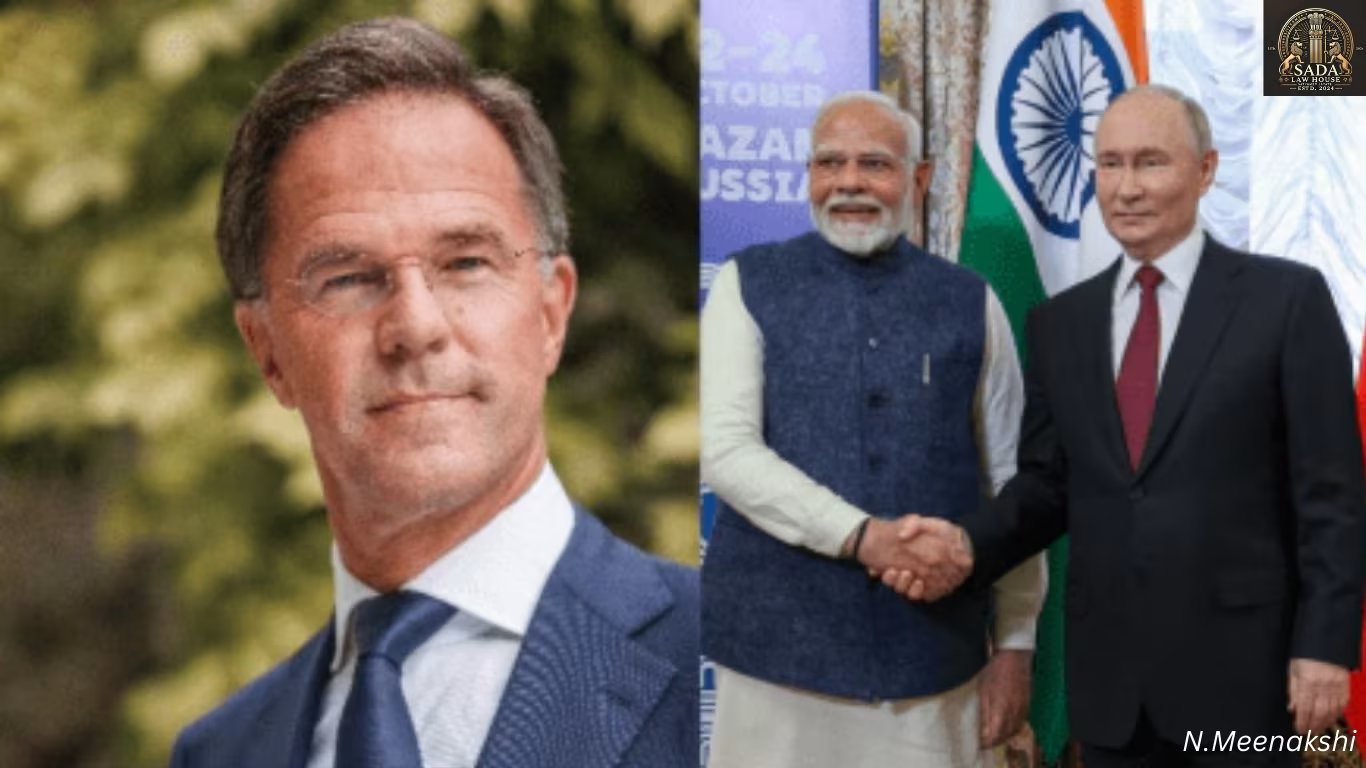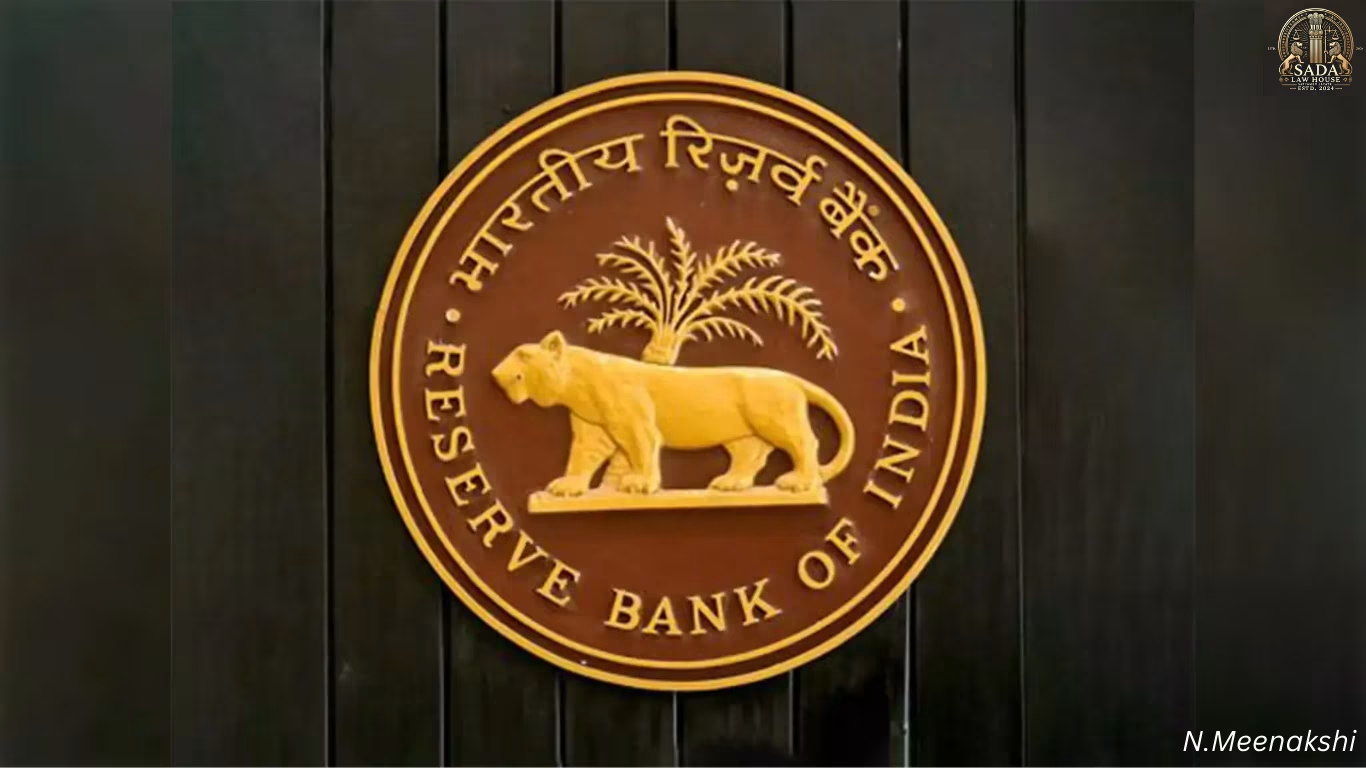Supreme Court Dismisses Pleas Seeking SIT Probe Into Murshidabad Communal Violence Over Waqf Amendment Act
- MAHI SINHA
- 22 Apr 2025

Supreme Court Rejects Hastily Filed PILs on Murshidabad Violence
The Supreme Court of India has dismissed two Public Interest Litigations (PILs) seeking a probe into the communal violence that erupted in Murshidabad, West Bengal, following protests against the Waqf (Amendment) Act. The court emphasized the importance of filing well-structured petitions and maintaining decorum in legal language.
Background of the Murshidabad Violence
After the passing of the Waqf (Amendment) Act, several districts in West Bengal, including Murshidabad and North 24 Parganas, witnessed violent protests. In response, authorities imposed prohibitory orders, suspended internet services, and arrested over 150 individuals. Similar protests were reported in Bengaluru, Chennai, Manipur, and Jammu and Kashmir.
Supreme Court Criticism on Procedural Grounds
Allegations Without Proper Impleadment
The bench, led by Justices Surya Kant and N Kotiswar Singh, criticized advocate Shashank Shekhar Jha for filing the plea in haste. The petition included serious allegations against government officials who were not named as parties to the case, a significant procedural flaw.
“You are making allegations against individuals who are not before us,” the bench remarked.
Inappropriate Language in Pleadings
The court also took exception to the tone and terminology used in the petition. It questioned whether such language meets the standards of decency expected in Supreme Court filings.
“Supreme Court is a court of record. Posterity will see,” the bench warned.
Reliance on Media Reports
Jha admitted that his claims about people migrating from West Bengal were based on media reports. The court rejected this as insufficient evidence and emphasized the need for credible material.
Liberty to Refile Petitions Granted
Advocate Shashank Shekhar Jha withdrew his plea, with the court granting him liberty to file a fresh petition with improved content and proper parties included.
Similarly, advocate Vishal Tiwari also withdrew his petition, which called for a five-member judicial inquiry led by a retired Supreme Court judge. The court encouraged him to maintain institutional decorum and include strong legal foundations in his refiled plea.
Legal Provisions Invoked
The petitioners had invoked Article 32 of the Constitution, which allows individuals to approach the Supreme Court for enforcement of fundamental rights. The court, however, reminded them that while Article 32 is specific, Article 226—applicable in High Courts—has a broader scope and may be more suitable for such cases.
Conclusion: Importance of Responsible Legal Filings
This case serves as a strong reminder of the significance of proper legal procedure, respectful language, and credible evidence when filing PILs in the Supreme Court. While seeking justice for victims of violence is critical, doing so with well-prepared, structured arguments enhances the credibility and effectiveness of the plea.
Live Cases






